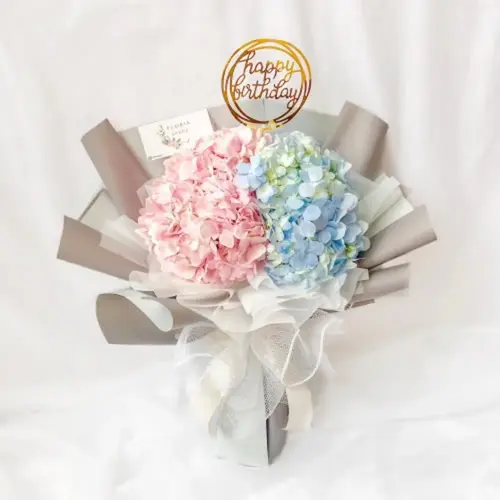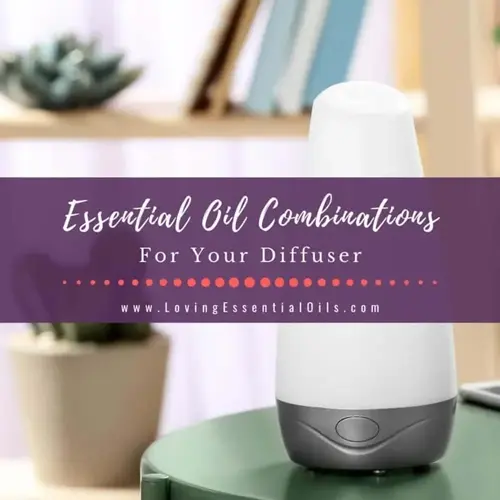Do indoor herbs need special soil?

Written by
Paul Reynolds
Reviewed by
Prof. Martin Thorne, Ph.D.Ideal indoor herb gardens require specialized soil, ordinary garden soil, when used in containers, compacts and chokes the roots. A potting mix will offer the aeration and drainage necessary. I tried basil in regular garden soil and it died, but it thrived in my special potting mix. Due to an herb's natural habitat, the herb benefits from soil specially blended for it.
The basis of any well-drained potting mix is the essential component. A quality soil and add 30% perlite or pumice. This will eliminate water retention around your fragile root system. I lost a rosemary plant to root rot before making these changes. Avoid using dense garden soil, as it can transfer pests or diseases into your home.
Mediterranean Herbs
- Base: 2 parts potting mix
- Add 1 part coarse sand
- Include 1 part perlite
- pH 6.0-7.0 range
Moisture-Loving Herbs
- Base: 3 parts potting mix
- Add 1 part coconut coir
- Include 1 part vermiculite
- pH 5.5-6.5 range
General Herb Mix
- Base: 3 parts potting mix
- Add 1 part perlite
- Include 1 part compost
- pH 6.0-7.0 range
Sterilize your soil to keep your indoor garden safe. To do this, bake your wet soil at 180°F for 30 minutes. This will kill all pathogens and weed seeds. My mint plant survived after being attacked by fungus gnats, which I had started to control by sterilizing my soil. Indoor spaces are often more susceptible to disease since they are exposed to fewer environmental factors. So this is an essential preventive step.
*Soil pH is significant* for nutrient uptake. Most herbs prefer a pH level between 6.0 and 7.0. Soil test kits are available for under $10, and they can help prevent mistakes. My basil showed deficiencies until I adjusted the soil pH. You can amend the soil with agricultural lime to raise the soil pH or with sulfur to lower it slowly.
Refresh the soil each year to keep your plant healthy. You will want to replace the top 2 inches of soil annually in the spring. After consistently refreshing, my oregano production doubled! Complete repotting every 2 years or when your plants appear to be root-bound. Repot with a fresh mix of soil to refill nutrients from the previous growing season and to maintain good soil structure.
The choice of the container has an impact on the performance of the soil. Terra cotta pots dry out the soil faster than plastic ones. My thyme grew into very different soil compositions in clay pots compared to plastic ones, even though I tried to keep the moisture in the pots the same. It is essential to match the soil composition with the container. Adjust watering balance with these relationships.
Read the full article: 7 Essential Indoor Herb Garden Secrets

